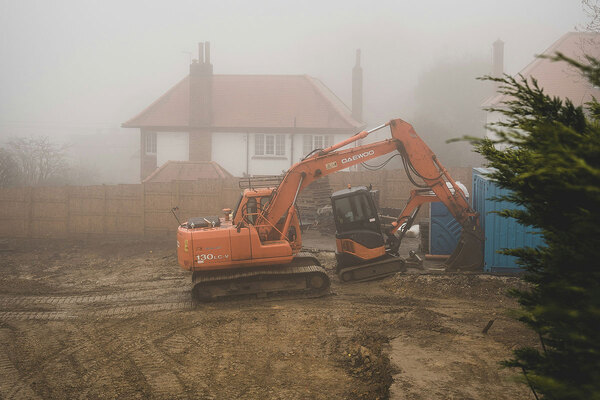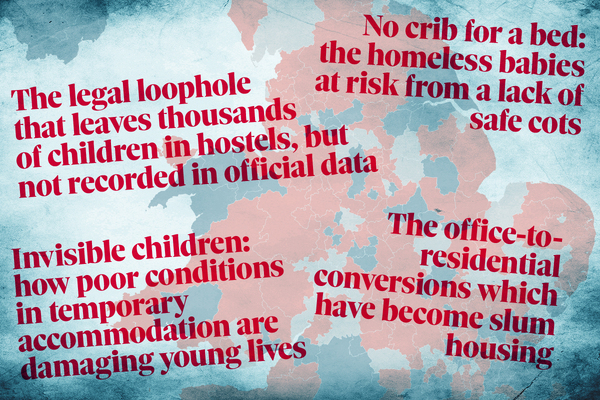You are viewing 1 of your 1 free articles

Alison Inman is a board member at Saffron and Tpas; former president of the CIH; and co-founder of SHOUT
From now on all new homes must pass the lockdown test
This will not be the last pandemic we face, so we need to think quickly about how to best make our housing stock ‘lockdown-proof’, writes Alison Inman
There are loads of threads on Twitter at the moment asking people to list the things that have helped them cope with the lockdown.
Up among the most mentioned are gardens, access to outside space, and keeping in touch with family and friends over the internet.
Thinking about this led me to wonder whether the homes we build, rent or sell pass a ‘lockdown test’, and how we could make this part of the way we think about our properties.
COVID-19 coming a neat 100 years after the Spanish flu epidemic risks us thinking that such pandemics are rare, spaced literally a century apart.
Yet Professor David Hunter, an epidemiologist from the University of Oxford, wrote in The Guardian recently: “It will not be 100 years until the next pandemic. Population growth, human invasion of animal habitats and the resumption of fast travel between continents will take care of that.”
So, it makes sense for us to start thinking now about how we can begin to make our housing stock ‘lockdown-proof’, and that means a whole load of listening.
Listening to our tenants when they tell us, warts and all, what it is like being indoors for 23 hours a day, or more in the case of people who are shielding.
Listening when they tell us about the impact of having no access to fresh air, no wifi to enable their children to join in online PE classes, no space at all for homework, or for home working.
Flats make up more than half of London’s accommodation. Some people will have access to a balcony, but many will not. How do we ensure that everyone has access to fresh air?
There will, of course, be others with a totally different experience, such as people living in ‘homes for heroes’ properties, with long back gardens, built with an expectation that everyone will grow their own fruit and veg. Such was the horror of widespread overcrowding in the middle of the last century that most ‘tenants’ handbooks’ from the period remind us that permission had to be sought before anyone could move into the family home (with the expectation that such permission would rarely be forthcoming).
Nowadays it is not at all unusual to have three generations or more in the same household, and we have a benefit system that positively punishes those who ‘underoccupy’.
We only need to compare the Parker Morris space standards to the rabbit hutches that housing associations are routinely offered under Section 106 agreements to see what’s changed. Space matters.
To compound matters there is a more than 50% chance that the coming summer will be the hottest on record.
There have been tens of thousands of excess deaths across Europe over recent years. We still talk a lot about insulating properties but we hear far less about how we keep them cool.
This matters at the best of times – how much more important does it become during lockdown? Add to that the reality of paying for your electricity on a key meter and even running an electric fan becomes a luxury that can’t be afforded.
Local authorities have borne the brunt of austerity more than any other part of the state.
One of the results has been the hollowing-out of the strategic housing and planning functions, particularly in smaller district councils.
We need properly resourced teams, well-informed by evidence of what works and what doesn’t. And a large part of that evidence needs to come from communities themselves.
Of course, numbers still matter.
We need to be building 100,000 social homes a year, and they need to be genuinely affordable.
We are facing massive uncertainties, and high rents are the last thing we need. But we also need to be clear about what makes a good home and making sure that our existing stock is fit for purpose.
The English regulator has been telling us for months that boards need to be very clear about the balance between existing stock and new supply, but now we need to ask a new question: do they pass the ‘lockdown test’?
Alison Inman, board member at Colne, Saffron and Tpas; former president of the CIH; and co-founder of SHOUT










